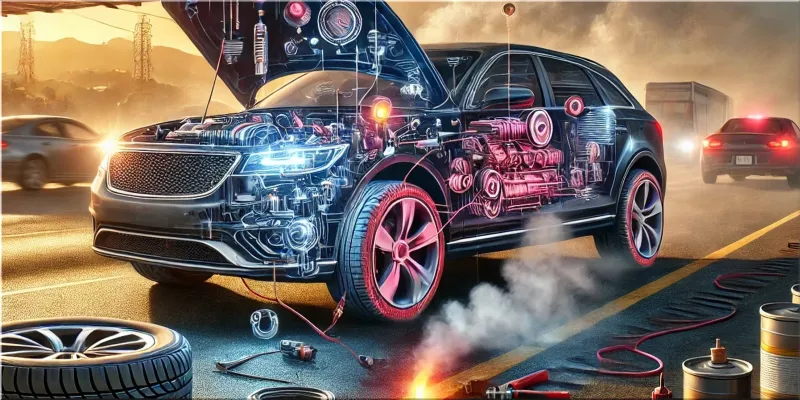Dealing with a car that constantly breaks down isn't just annoying; it’s a waste of time and money. Repairs pile up, frustration grows, and you start wondering if you got stuck with a lemon. That’s where California’s lemon law steps in to protect buyers from vehicles with serious defects that just won't go away. This article breaks down which car issues actually qualify, what they mean for your claim, and how you can take action.
Safety-Related Defects That Qualify
Some car issues are merely annoying, but others can really jeopardize your safety. If your brakes suddenly fail or your steering freezes while on the road, that's not just bad luck;it’s a serious defect. Common vehicle defects like these can cause accidents, which is precisely why California’s lemon law exists to protect drivers when manufacturers can't fix them after multiple tries.
It’s not just brakes and steering. Faulty airbags, defective seatbelts, or sudden engine shutdowns can turn an ordinary drive into a nightmare. Picture an airbag failing to deploy during a crash or, worse, going off unexpectedly while you’re on the highway. When these kinds of safety issues keep happening, you may have a strong case for a lemon law claim.
Safety isn’t the only problem; what about cars that constantly stall, won’t accelerate properly, or refuse to start at all? If these issues persist despite multiple repair attempts, California lemon law attorneys may be able to help you file a claim.
Functional and Performance Issues That Qualify
Not every defect puts you in harm’s way right away, but that doesn't make it any less serious. If your engine keeps stalling, your transmission jerks between gears, or the car simply shuts off at random, it’s more than just an inconvenience; it’s unreliable. California’s lemon law covers owners dealing with these nagging performance issues when repair efforts fall short.
It’s not only huge breakdowns that raise red flags. A car that hesitates to accelerate or has trouble starting can leave you stranded at the worst time. Electrical glitches, faulty power windows, or a glitchy keyless entry may seem small, but repeated issues reveal a deeper problem, even with factory warranty coverage.
Beyond frustrating performance issues, some defects don't affect how a car runs but still hurt its resale value. Fading paint, persistent leaks, or a failing entertainment system can all make it harder to sell.
Manufacturing Defects That Affect Resale Value
Not every defect makes a car undrivable or unsafe, but some can really damage its resale value. Faded paint, a weak air conditioner, or a leaking sunroof won’t leave you stranded, but they can still make selling the car a hassle. Knowing how to handle these issues can help you keep its worth high and dodge unnecessary losses.
It’s not just about appearances; unresponsive touchscreen, broken backup cameras, or glitchy parking sensors can also drop a car’s value. Nobody wants to buy something that feels out of date or has never-ending tech problems, especially when repairs don't seem to stick.
The frustrating part is that these defects aren’t your fault, but they can cost you in the long run. If repeated repair attempts haven’t solved the problem, California’s lemon law might have your back. A claim could help you recover what your car has lost.


